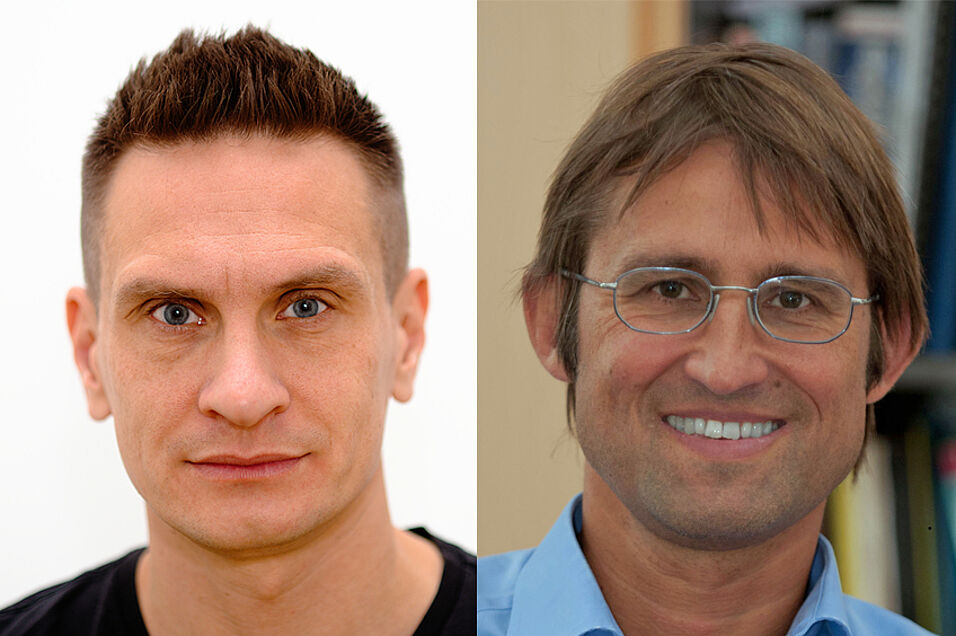The continued burning of fossil fuels to meet the growing demand for energy has brought the world to the brink of a climate crisis. The Cluster of Excellence "Materials for Energy Conversion and Storage", which is dedicated to this challenge, is one of five projects in the new FWF funding initiative excellent=austria, which aims to strengthen Austria's position as a top international science location.
In a cooperation between the University of Vienna, the Vienna University of Technology, IST Austria and the University of Innsbruck, researchers including Georg Kresse and Jani Kotakoski from the Faculty of Physics will work over the next 5 years to create new technologies for efficient energy conversion and storage, thus paving the way to a fossil fuel-free society. The storage of renewable energies in recyclable energy carriers is crucial here: water can be split into hydrogen and oxygen, CO2 can even be converted into valuable products - all the way to climate-neutral substitutes for natural gas and crude oil.
In the Cluster of Excellence "Materials for Energy Conversion and Storage", nanocatalysts are being developed on which chemical reactions take place quickly and reliably. Expertise from various fields such as surface chemistry, surface physics, materials science and computer simulation is being pooled for this purpose. The Cluster of Excellence is thus taking an important step towards climate neutrality.
Georg Kresse, head of the research group Computational Materials Physics, will - together with a colleague from TU Wien - lead the modelling and theory pillars of the Cluster of Excellence. The goal is to develop a concise set of quantum mechanical modeling tools to better understand and optimize the materials that we need to achieve the transition to a circular energy economy. His own group will mainly focus on the development of high-precision quantum mechanical methods for the treatment of charge carriers in materials and the acceleration of these methods using machine learning techniques.
The group of Jani Kotakoski will combine surface science techniques and in-situ atomic-resolution scanning transmission electron microscopy to create and study defect-engineered 2D materials and 2D material-supported single atoms, clusters and nanoparticles, and their catalytic properties.
With a funding volume of 20.6 million euros from the FWF and additional funds from the participating research institutions, the scientists involved in the Cluster of Excellence can anchor their field of research at the top international level in Austria in the long term. In this context, the clusters of excellence play a central role in the outstanding promotion of young researchers and research-guided training. The clusters of excellence should also have an impact beyond the boundaries of science and are active in the area of knowledge and technology transfer through cooperation with social and/or economic partners.
The Board of Scientific Directors of the Cluster of Excellence "Materials for Energy Conversion and Storage" consists of the scientists Günther Rupprechter (Director of Research, Vienna University of Technology), Ulrike Diebold (Vienna University of Technology), Stefan Freunberger (IST Austria), Leticia González (University of Vienna) and Julia Kunze-Liebhäuser (University of Innsbruck), whom we wish all the best for the success of the scientific cooperation.
FWF News: A New Dimension in Research Funding: Austria's First Clusters of Excellence Awarded
FWF News: Austria's First Clusters of Excellence
Interactive map: get to know Austria's first Clusters of Excellence
Research Group Computational Materials Physics
Research Group Physics of Nanostructured Materials

